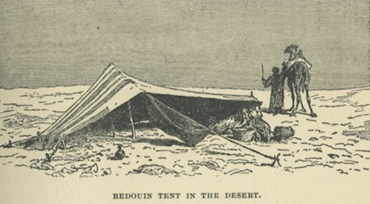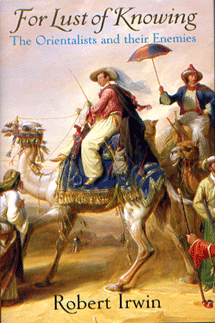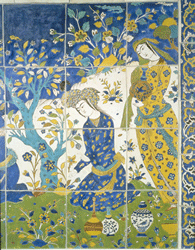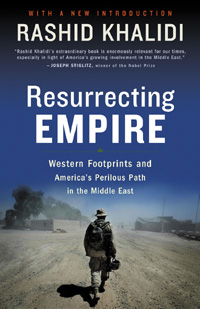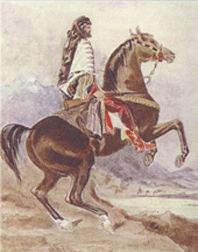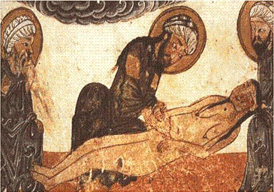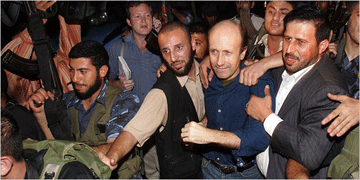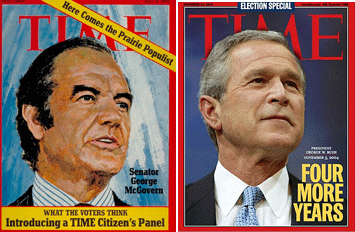
Pundits thrive on “what if” scenarios. “What if” George W. Bush had not charged with General Custer bluster into Saddam’s Iraq over four years ago? “What if” we just up and pulled out right now? The other day, trying to balance my checkbook, I wondered “what if” my grandfather had bought shares in a tin-Lizzied start-up company called Ford Motor Company? I also remember my first election in 1972 when I enthusiastically voted for George McGovern for President. “What if” George McGovern had not been slimed and dimed by the new and yet to be watergate-downed Nixon and his Kissenger messenger? I mention McGovern, one of those rare Presidential candidates who has never had a taint of corruption, because last October he published a piece on the Iraq War in Harper’s Magazine. Had his advice been followed, we would be out of Iraq right now. So it seems relevant to ask “what if” we return and read his comments again.
The Way Out of War:
A blueprint for leaving Iraq nowby George S. McGovern
Harper’s Magazine, October, 2006Staying in Iraq is not an option. Continue reading What If?
